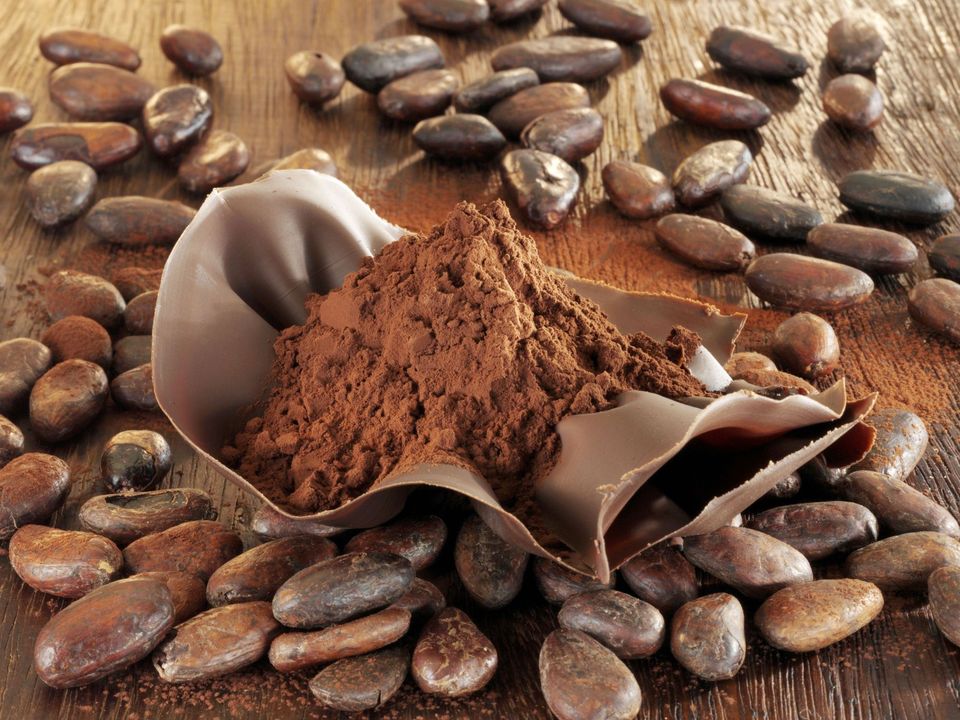The Foods You Should Be Eating Organic

What is Organic Food?
‘Organic’ is in simple terms, the process of how certain foods are produced. For a food or produce to be deemed organic they must have been grown or farmed without the use of artificial chemicals, hormones, antibiotics or genetically modified organisms. Also, for a food to be stamped with the label stating it is 100% organic it must be free from artificial food additives, such as: preservatives, colouring, flavouring and sweeteners. Animals raised organically are also not given antibiotics or hormones. But, organic crops can be grown with natural fertilizer such as manures.
Benefits of organic
- Organic farming can help improve soil quality.
- Reduce pollution.
- Studies have shown it could be better for the environment.
- Organic livestock farming supports animal welfare.
- Discourages environmental exposure to chemicals and pesticides.
- Better tasting produce
- Studies have shown a high nutrient value in organic rather than non-organic.
Negatives to organic
- Organic produce can be quite costly
- Organic food may ‘go off faster’ as there is no preservatives
- Organic food does allow a limited amount of chemicals to be used before it is considered non-organic.
Foods you DEFINITELY Should be eating organic
These foods should be your top priority for purchasing organic. These foods have been known to have the highest number of pesticide residues.
Apples –
Apples are one of Britain’s most loves fruits and are a great source of fibre and vitamin C, but sadly they are also one of the favourites on the list of pesticides in produce. According to the Environmental Working Group (EWG) 2015 report, 99 percent of the apples tested contained at least one pesticide residue.
Strawberries –
A fruit salad essential. Super sweet, high in anti-oxidants and heart healthy. Strawberries should always be washed and definitely organic! Non-organic strawberries can contain many types of pesticide residue including Captan, a probable human carcinogen that causes rats to develop tumours!
Spinach –
Popeye’s favourite. Spinach is one of the most nutrient dense foods on this planet. Low in calories, an excellent source of vitamin K and is a great little anti-inflammatory! But again, it is one the suspects of testing positive to for a whopping 48 pesticide residues found by the USDA Pesticide Data Program. They found that spinach contains carcinogens, neurotoxins and developmental or reproductive toxins. Go organic!
Meat –
This is a big one! If you’re going to go organic and spend a bit more on your health for anything, make sure it’s your meats! Non-organic meats are pumped full of hormones, anti-biotics, pesticides and other nasty stuff! All these hormones and anti-biotics are taken in when you consume that non-organic chicken breast or steak! The negative effects will turn anyone an organic meat eater!
Cucumbers –
From cooling the body to improving the tightness of your skin cucumbers are a great hydrating vegetable with a huge amount of benefits. But! Being ranked ninth on EWG’s 2015 report of the dirtiest produce is nothing to be proud of; unlike asparagus which ranks number one of the clean produce list. Always wash the skin of your cucumber as the waxy skin holds most the nasty 86 different types of pesticides that non-organic cucumbers have been shown to have! Organic please.
Celery –
Celery De-stresses you and is a good source of vitamin C, fibre and some B vitamins. Your average non – organic Celery was found to have 64 different types of pesticides. Think twice before you pick up your celery and hummus at the supermarket.
Blueberries –
smoothie bowl, pancakes or the perfect snack. Blueberries are nutrient rich little gems but they are also a pesticide power houses, over 50 different residues found! These are the fruit I would always buy organic.
Milk –
Rule number one is always buy organic milk… Non-organic milk is just wrong! Hormones, anti-biotics, growth hormones and whatever else... All this nasty stuff is going to consumed by your body every time you go for that cup of tea with non-organic milk. To be super safe and clean, go for a grass-fed, 100% organic milk.
Leafy greens –
Kale, lettuce, rocket, broccoli…. You name it! The problems with leafy greens is they have no skin like some fruits or vegetables to project the good stuff from the pesticides. Always wash your leafy green and go organic! Your non-organic lettuce was found to have 50 different pesticides present.
Non-organic foods
Shown to have the lowest amount of
pesticide residues present















